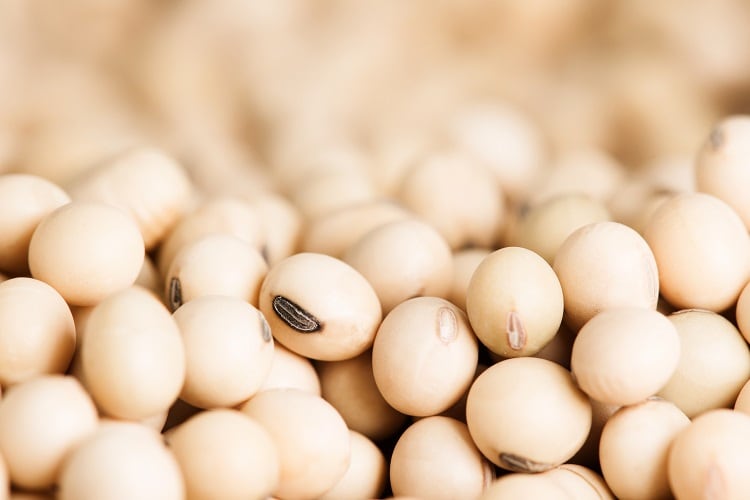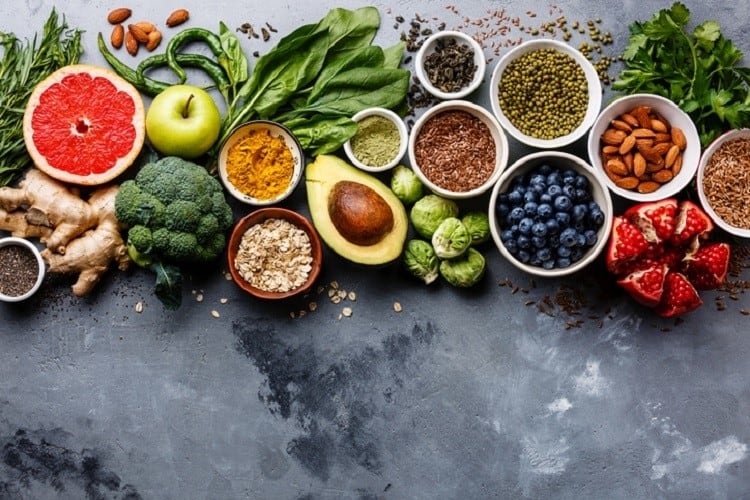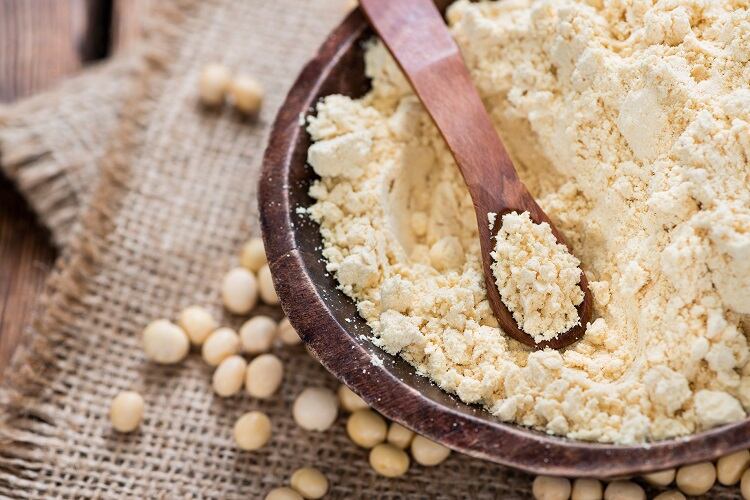Plant-based diets are on the rise in the Nordics. In Denmark, it is estimated that 3% of the population is vegetarian and 1% is vegan – with both of these figures on an upward trajectory.
At the same time, the growing number of plant-based alternatives on-shelf means that today’s consumers are eating more of the legume.
Soybeans are nutrient-rich, low in calories, carbohydrates and fats, and are easy to digest. And their consistency means they are regularly used in dairy- and meat-substitute products.
Given that soy-based products have a different nutritional profile to the dairy and meat products they aim to replace, food authorities in the Nordics have sought to determine if there are possible health and nutritional risks associated with switching to a plant-based diet.
With this information, they hope to be able to formulate dietary advice that is also appropriate for a diet containing fewer animal products.
Concern for adverse health effects
The Technical University of Denmark’s (DTU) National Food Institute, therefore, is spearheading a comprehensive literature review of knowledge about the harmful effects of soy for the Nordic Council of Ministers.
While replacing dairy and meat with soy alternatives has been associated with beneficial human and planetary health claims, there is a concern for adverse health effects in certain population groups.
This is because soy contains phytoestrogens, which are known as isoflavones in soy. These are active substances that have a weak oestrogen-like action and are suspected of disrupting endocrine effects in kids.
The DTU Food Institute’s review, titled ‘Soy intake and possible adverse health effects in Nordic children and pregnant women (unborn children)’, therefore focuses on children aged 4-10 years and unborn children via pregnant women’s intake.
It has also made intake calculations based on data from the national study of Danes’ diet and physical activity 2011-2013, which contains dietary data from 3,946 participants aged 4-75 years.
Setting a safe limit
Across the bloc, some Member States have made their own risks assessments and risk management decisions. In Italy, for example, health authorities advise a daily intake of less than 80mg of phytoestrogens per day. In France, 1mg per kilogram of bodyweight per day of isoflavone aglycone has been reported a safe amount by the Agency for Food, Environmental and Occupational Health & Safety (ANSES).
Based on the data collected by DTU, the researchers have proposed a limit for the safe intake of one of the plant oestrogens found in soy: genistein – which is the most prominent oestrogen found in many soy products.
They said the limit is set on the basis of animal experiments, where high intake of genistein was associated with early onset puberty and the development of breast tissue.
The researchers set a safe limit for children under the age of 10 (0.07mg per kilogram of body weight) and for pregnant women (0.09mg per kilogram of body weight). They stressed that the limit for pregnant women is set based on a possible risk to the unborn child.
Researchers flag potential risk of high intake
The intake of plant oestrogens genistein, daidzein and glycitein, both in women of childbearing age and in 4-10-year-old children, were also calculated by the researchers.
Here, they were focused on the effects of diets that swapped out various dairy and meat products for soy-based alternatives.
Based on their findings, the researchers said they could not rule out a health risk from a high intake of soy-based products among the 4-10-year-old children. This was based on the comparative calculated intake of genistein with their proposed limit value.
“For girls and boys (age 4-10 years)…the health-based guidance values (HBGVs) for genistein was slightly exceeded after intake of a diet with either low or high intake of soy-based products, indicating a potential health concern for children eating a substantial soy-substituted diet,” noted the researchers.
A moderate replacement, however, was not associated with a health risk for some of the groups.
And interestingly, based on the proposed limit value for pregnant women, no risk was found to be associated with either high or low soy-based product intake and unborn children.
What does this mean for nutritional guidance?
With regards to nutritional concerns associated with replacing meat and dairy products with soy-based alternatives, the researchers found only ‘minor changes’ in the diet’s composition of energy, protein, carbohydrates and fat.
Further, the composition of vitamins and minerals in the soy-based diet was found to be only ‘slightly different’ than in the diet containing animal products. This led the researchers to conclude that the soy-based diet continues to largely meet the nutrient recommendations for vitamins and minerals.
Following up with the British Nutrition Foundation (BNF), FoodNavigator noted similarities in consumer concern for soy-based products.
“Soya contains natural compounds that are chemically similar to human oestrogen, sometimes termed phytoestrogens. Research has been going on for some time into whether these compounds could be potentially beneficial or harmful to health,” BNF’s Communications Manager Bridget Benelam told this publication.
In response to these concerns, the UK Committee on Toxicity published a review on soy isoflavones in 2013. Evidence did not suggest negative effects on health from consuming soy products for adults and children, Benelam explained.
However, due to an increasing number of enquiries about potential health effects of soya drinks for children, this issue is now being reviewed again to ensure any more recent evidence and any changes to dietary habits are being taken into account, we were told.
The Communications Manager also stressed it is worth noting that another aspect of replacing dairy with plant-based products is ensuring that this doesn’t have a negative effect on nutrients intake. “If choosing plant-based drinks, it is important to select those that are fortified with calcium and ideally other vitamins and minerals.”





